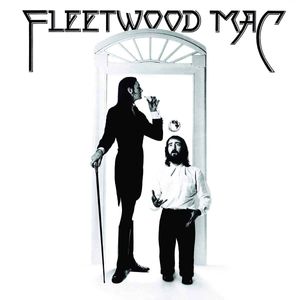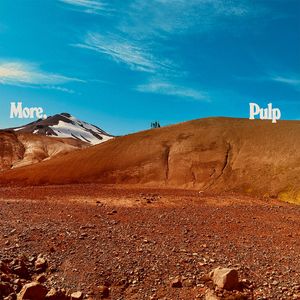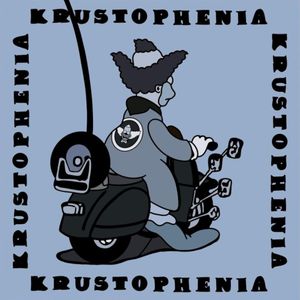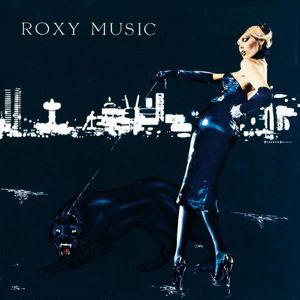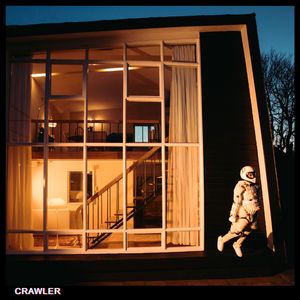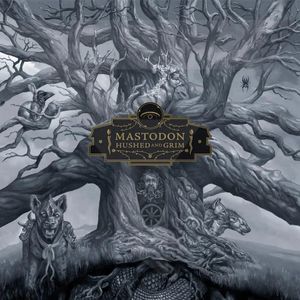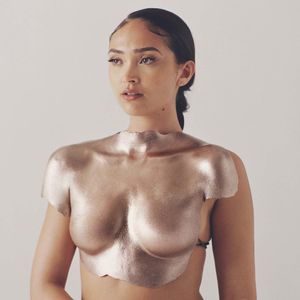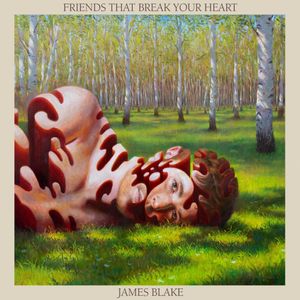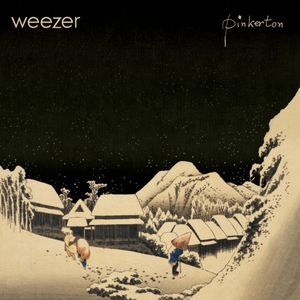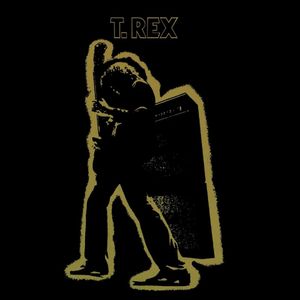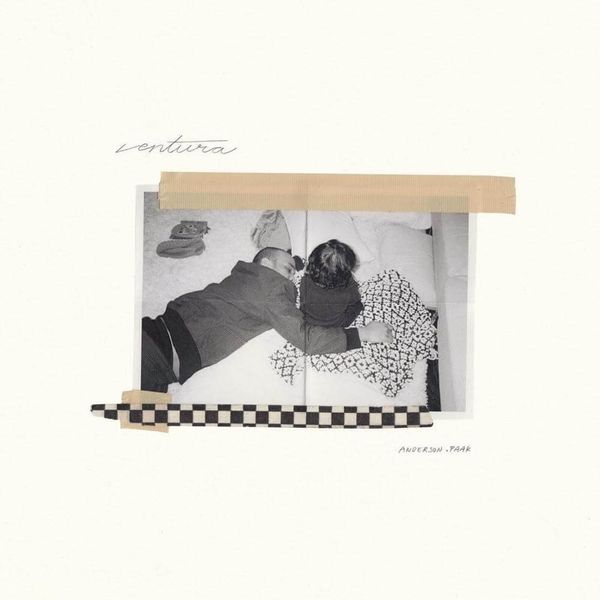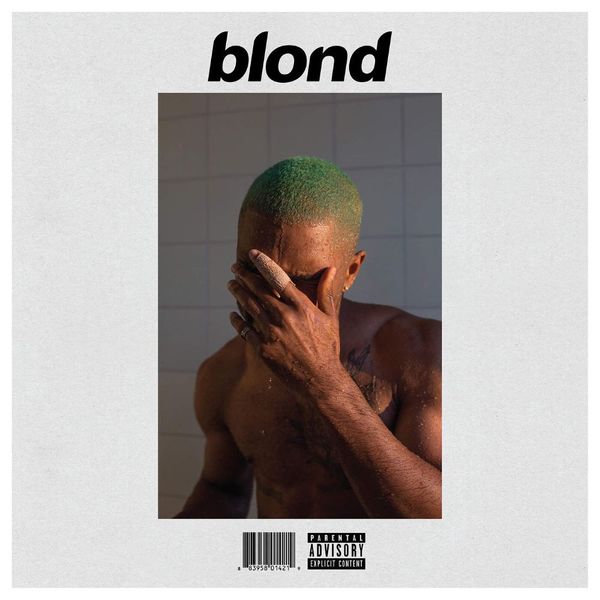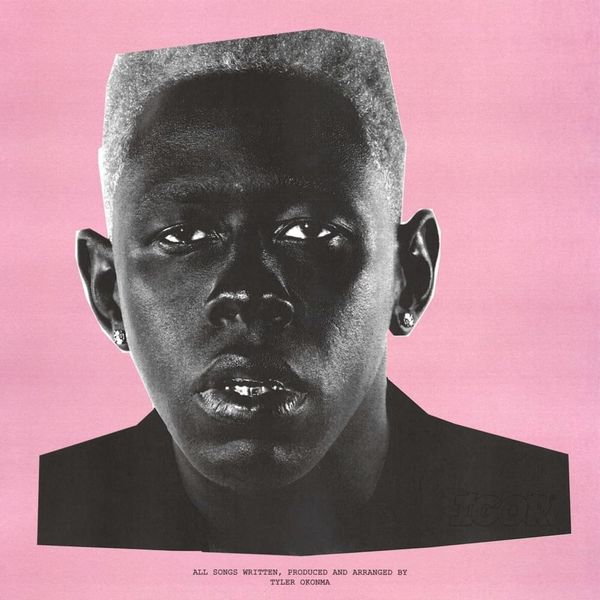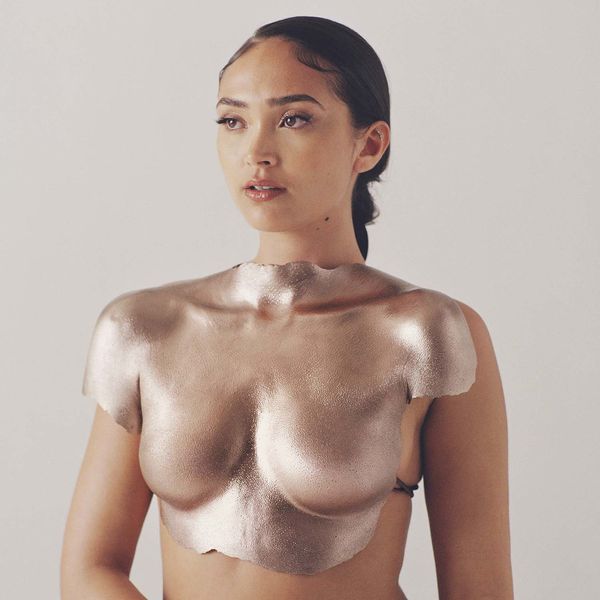channel ORANGE
Frank Ocean
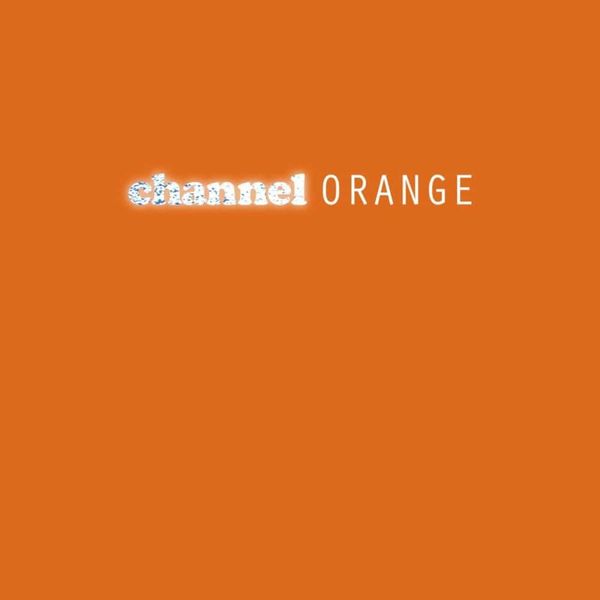
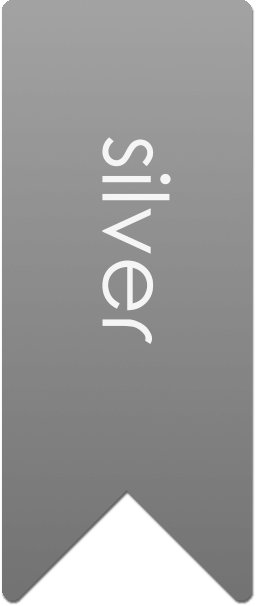
Favourite Tracks
- Pyramids
- Bad Religion
- Crack Rock
André
Upon the release of his first official album, Frank Ocean revealed that his first love had been a man, which naturally got people talking about his sexuality. More importantly, it provided critical context to an album made up of tragic laments of unrequited love. Channel Orange represents personal freedom, and it’s a liberation that Ocean experiences as an artist as well as a man.
The album smoothly shifts from ’90s R&B to psychedelic funk, and pretty much everything else on the way as Ocean displays great skill and confidence as a songwriter. He swings through a multitude of styles whilst managing to retain all of their best attributes, forging a sound completely of his own. He doesn’t so much veer away from the conventions of pop as much as he does embrace the major qualities of it, and Channel Orange benefits hugely from such focus. As one of the most gifted singer-songwriters of his generation, Ocean knows exactly which boxes to tick without it feeling formulaic or predictable.
The music seeps through him organically, through sheer emotive power, acting almost as an antithesis to the common pop-fodder we’ve become so adjusted to in the 21st century. Highlights run through the entire album, from the soulful lure of “Thinkin Bout You”, to the Stevie Wonder breeziness of “Sweet Life”, to the insightful groove of “Super Rich Kids”. The mid-album centrepiece of “Pyramids” acts as one of the lone instances of Ocean actually twisting with the conventions of pop, as he develops what would be a club-suitable banger into a 10-minute epic that uses Cleopatra as a metaphor for the struggles of black women throughout U.S. history. Towards the end of the record sits “Bad Religion”, a harrowing song that makes the most direct reference to Ocean’s newly outed sexuality: ‘this unrequited love, to me it’s nothing but a one-man cult,’ he sings. ‘I could never make him love me.’
Channel Orange is powerful, meaningful, and utterly affecting, but best of all is that it’s a joy to listen to. It’s infinitely listenable, as every good pop R&B album should be. The competition may not be fierce, but in this modern age, Channel Orange could well be the finest album of its kind.
Favourite tracks //
- Pyramids
- Bad Religion
- Thinkin Bout You
Fred
André and Andrew are right to admire what they do about Channel Orange, but I’d be lying if I said the album and I ever really hit it off. As finely made as Frank Ocean’s work is, my praise for it seldom escapes the afterthought ‘for pop.’ Reflective, for pop. Vulnerable, for pop. Important, for pop. This sounds smarmier than I mean it to. Channel Orange is a complete work and a nice listen, but ‘nice,’ as we all know, can be a death knell of a first impression. It has that horrible characterless implication to it.
To be completely clear, Ocean’s voice and thoughts are anything but characterless; it’s Channel Orange‘s tidy radio sheen that keeps me at arm’s length. The near-robotic tightness of the songwriting; the repressed instrumentals; the hooks that sound like they’ve been drugged; all these things grate on me in a way I find difficult to express. Ocean clearly knows the inner workings of affecting music, but it bothers me that I can only hear that understanding in the DNA of what he writes. “Lost”, “Crack Rock”, and “Pyramids” are good songs, no question, but that’s something I understand rather than feel. “Bad Religion” is a striking emotional climax to the record, so of course it has an organ and strings in it.
Maybe it’s my problem, but the sound never quite absorbs me. I’m never really convinced. I wish I liked Channel Orange more than I do — it is so well crafted — but it has precious little sticking power. The unexpected truth is that this gentleman prefers Blonde.
Favourite tracks //
- Lost
- Bad Religion
- Crack Rock
Andrew
Despite its notoriety and acclaim, I’ve only been listening to Channel Orange for a similar amount of time as Blonde, and it’s been an interesting comparison. Channel Orange is rife with catchy hooks and a huge variety of sounds and atmospheres, memorable lines and nostalgia-inducing interludes. Unlike Blonde, beats and percussive rhythm are commonplace but by no means similar or boring, taking influence from electronic and dance, soul and jazz, and hip hop itself.
The beats on “Sierra Leone”, “Crack Rock”, and “Pyramids” all have similarities, but each manages to be distinct from the other, using influences from different areas of music. The same can be said for the instrumentals, providing a familiar yet fresh style in almost every track, though I’d say that doesn’t quite last until the end, with the later tracks feeling a little more homogeneous than the early ones.
It’s a good album, though, and one I’ll certainly remember and return to. Besides anything else, it’s a great place to start with Frank Ocean for anyone wondering what all that hype was about at the release of Blonde, which I still feel is the lesser release of the two.
Favourite tracks //
- Pyramids
- Super Rich Kids
- Crack Rock
